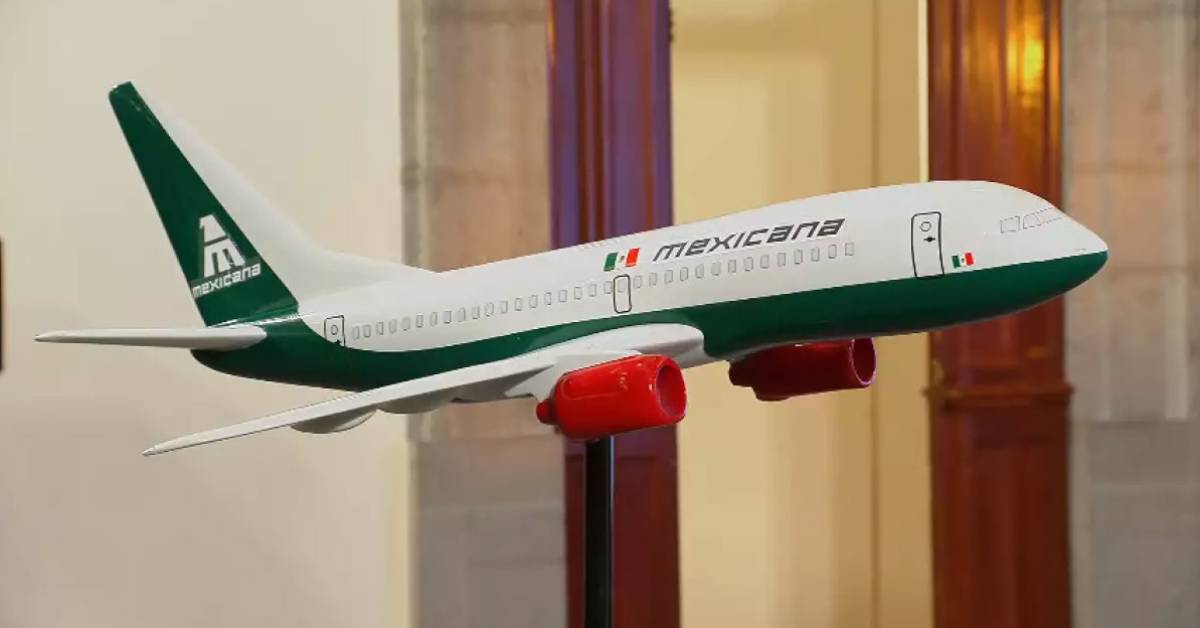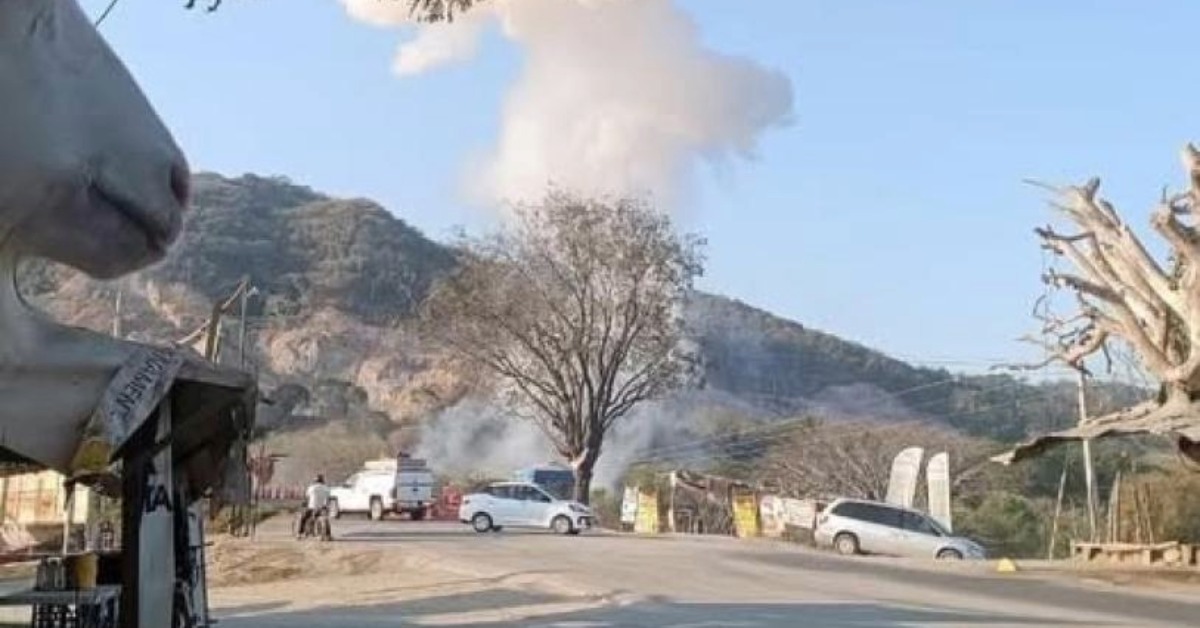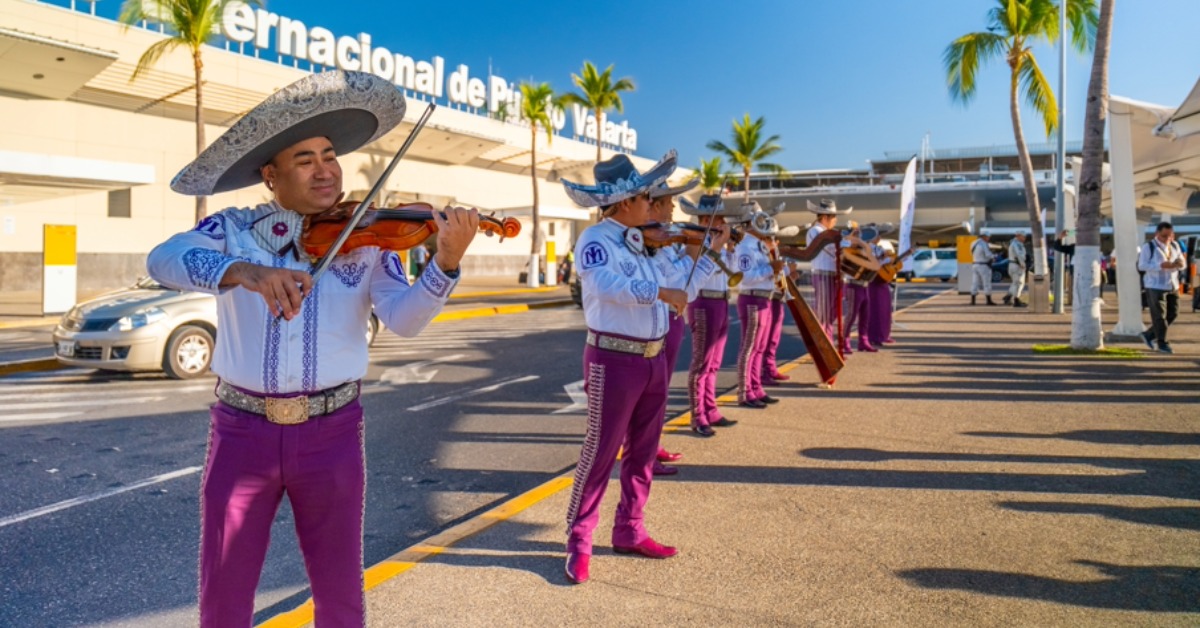Puerto Vallarta, Mexico - In a stark reminder of the challenges inherent in revitalizing a struggling airline, Mexicana de Aviación ceased operations on eight routes as of January 6, just over a year after the federal government launched its ambitious plan to relaunch the airline. Operating under the oversight of the Ministry of National Defense (Sedena), Mexicana’s performance has fallen far short of expectations, reigniting debates about the viability of state-run enterprises in the aviation industry.






